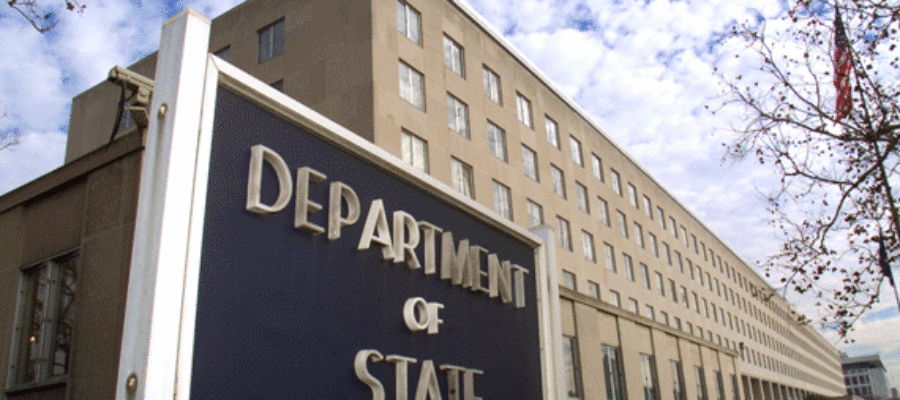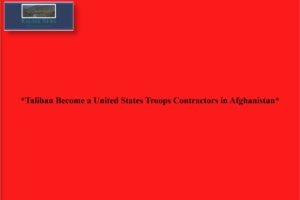The U.S Department of States Spokesman at the 05/04/2023 Press conference answered to the Question
“Is that the Taliban apparently are not ready to talk to anyone?’’
MR PATEL: Well, there continue to benefit about dialogue taking place between actors within civil society, within the Afghani people, but to be quite clear, we have repeatedly said that international recognition and legitimacy and support of the Taliban begins with their actions, and they must earn their legitimacy among the Afghan people first. And that starts with the actions that they take at home. We have already addressed some of the very glaring human rights issues that are of top of mind to the United States, and we’ll continue to address those in concert with our allies and partners.
I’ll also note that the United States continues to be the largest humanitarian donor to Afghanistan, and we continue to work with a number of civil society actors and multilateral organizations to do so.
this meeting in Doha was convened for key international stakeholders to reinvigorate international engagement around objectives in Afghanistan and how to best support the Afghan people. And what Special Representative West was referring to was that there continue to persist several issues in Afghanistan that make – that the Afghan people – that makes life for the Afghan people challenging and difficult that need to be addressed prior to any kind of international engagement or recognition taking place as it relates to the Taliban.
Some examples of this are the continued presence of terrorist organizations, and the lack of inclusivity, especially as it relates to human rights – specifically human rights and its impact on women and girls. Many of these areas have been undermined recently by decisions by the Taliban. And as the UN secretary-general has expressed, this meeting was about developing a common international approach to Afghanistan, about helping the people of Afghanistan. It is not about any kind of international recognition of the Taliban.
The Sources from Kabul Said: The Taliban’s reluctance to engage in dialogue with their opponents can be attributed to a variety of factors, including their historical distrust of the Afghan government and the perception that they have the upper hand on the battlefield. The Taliban have long viewed themselves as the legitimate rulers of Afghanistan and have resisted efforts to engage in dialogue with their opponents whom they view as subordinate or illegitimate.
Furthermore, the Taliban’s rigid interpretation of Islam and their strict adherence to their own interpretation of Afghan customs and traditions have made it difficult for them to engage in constructive dialogue with other stakeholders, particularly on issues related to human rights and social norms.
Despite these challenges, however, there have been some efforts to facilitate dialogue between the Taliban and other stakeholders in recent years. The US and other international actors have repeatedly emphasized the importance of a political solution to the conflict in Afghanistan, and have called on the Taliban to engage in meaningful dialogue with the Afghan government and other stakeholders to achieve this end.





